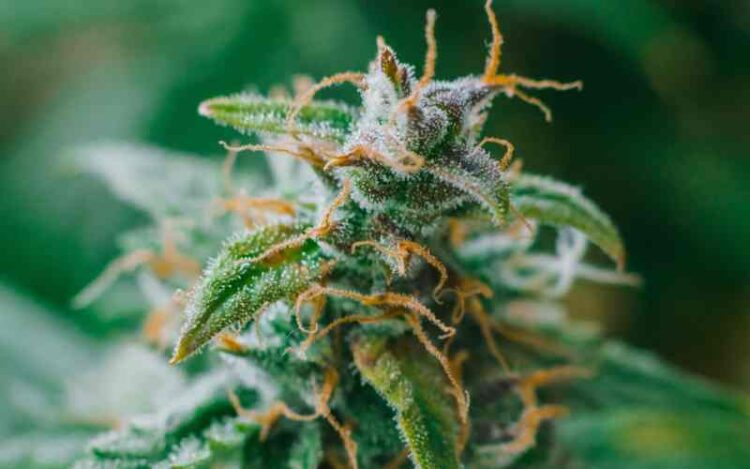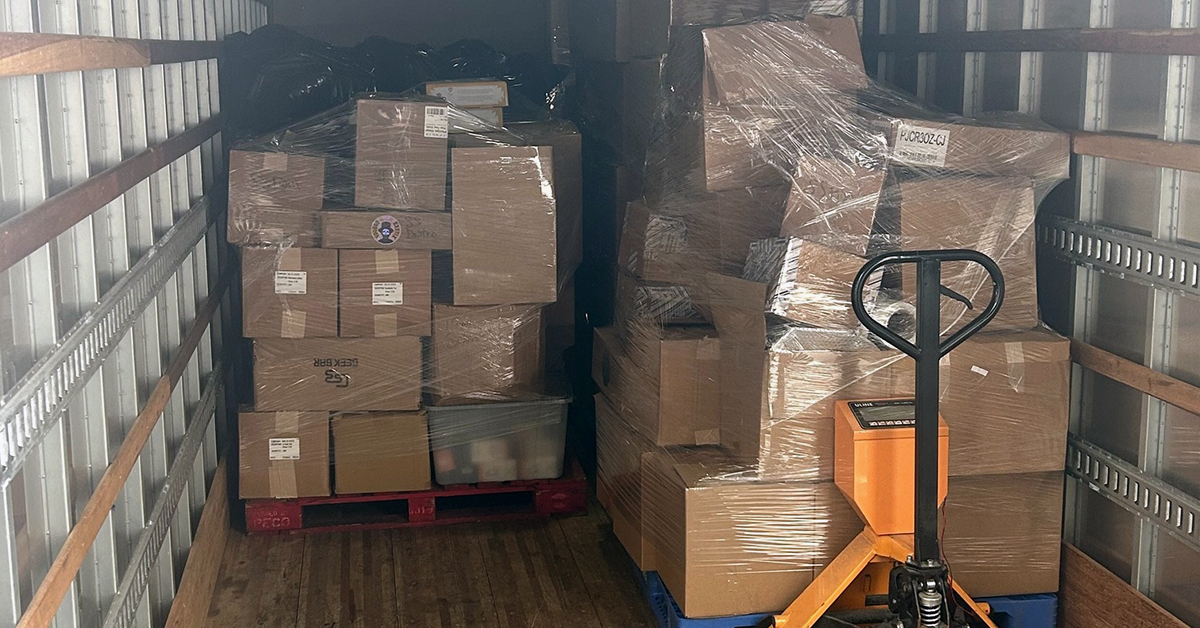A legal challenge has been mounted by a consortium of hemp companies against a recent Arkansas law that prohibits hemp-derived psychoactive cannabinoids, including delta-8 THC. The businesses argue that the law breaches the 2018 Farm Bill, which legalized hemp agriculture. The federal lawsuit, initiated in Little Rock on Monday by four hemp companies, seeks to halt the enforcement of Act 629, a law that criminalizes hemp-derived psychoactive cannabinoids, which came into effect on August 1.
Act 629 outlaws the manufacture and sale of products containing delta-8, delta-9, and delta-10 THC and other variations of cannabinoids within Arkansas. Since the passage of the 2018 Farm Bill, these products have been legal under federal law, given they contain less than 0.3% delta-9 THC. However, other psychoactive cannabinoids can be isolated from hemp with low delta-9 THC content, and hemp-derived CBD can be chemically converted into psychoactive cannabinoids.
The four petitioners involved in the lawsuit are a maker, a wholesaler, a distributor, and a retailer of hemp products that stand to be impacted by the ban. They are appealing to the court to block Act 629, contending that the law is in conflict with the U.S. Constitution’s commerce and supremacy clauses, and it also infringes upon the 2018 Farm Bill.
“The petitioners have been and will continue to be negatively affected by Act 629,” the legal complaint states, as reported by the Northwest Arkansas Democrat-Gazette. “Due to this law, they cannot transport legal hemp-derived cannabinoid products in and through Arkansas.”
Delta-8 THC Was Legalized by Federal Court in 2022
Last year, a trademark lawsuit resulted in the federal Ninth Circuit Court of Appeals ruling that delta-8 THC is legal as per the 2018 Farm Bill.
“The wisdom of legalizing delta-8 THC products is not ours to question. This Court won’t replace Congress’s policy judgment with its own,” the appellate court declared in its decision. “If a loophole for vaping products containing delta-8 THC was unintentionally created by Congress, it’s up to them to rectify their error.”
The companies involved in the lawsuit are Bio Gen, LLC of Fayetteville; Drippers Vape Shop, LLC of Greenbrier; The Cigarette Store LLC of Colorado, doing business as Smoker Friendly; and Sky Marketing Corporation of Texas doing business as Hometown Hero. Drippers, a retailer of hemp products, including non-psychoactive CBD as well as hemp-derived psychoactive substances Delta-8 and Delta-9 THC, operates outlets in the communities of Greenbrier, Cabot, Hot Springs, El Dorado and Benton, according to a report from the Arkansas Times.
The lawsuit names the state of Arkansas, Governor Sarah Huckabee Sanders, Attorney General Tim Griffin, the Arkansas Department of Finance and Administration, the Arkansas Tobacco Control Board, the Arkansas Department of Agriculture, the State Plant Board, and the prosecuting attorneys of the state’s 28 judicial circuits as defendants.
Abtin Mehdizadegan, the lead attorney representing the plaintiffs, stated that his clients made attempts to prevent a legal showdown before Act 629 was enacted.
“Our lawsuit requests the federal court in the Eastern District of Arkansas to overturn the entirety of Act 629 because it unjustly narrows the definition of hemp-derived products in contravention of the 2018 Farm Bill and illegitimately impedes the transportation and shipment of these products,” Mehdizadegan articulated in an email. “Before the enactment of the law, we had extensive dialogues with the defendants throughout the 2023 legislative session while the bill was navigating the legislative process.”
“We also provided testimony to a House Subcommittee to clarify the constitutional issues with the initial draft of Act 629,” Mehdizadegan added. “We remain open to continuing these discussions and would encourage the State to engage with us in constructive dialogue to find a sensible resolution. We don’t oppose all types of regulation and would endorse sensible policies that treat hemp-derived products for what they are: an agricultural commodity.”
Cynthia Cabrera, chief strategy officer at Hometown Hero CBD, a plaintiff in the case, expressed concerns that Arkansas’ prohibition on hemp-derived cannabinoids will have detrimental impacts on small businesses and obstruct the state’s hemp industry’s progress.
“Small-scale farmers, manufacturers, and retailers have invested their everything into building businesses focused on a federally legal product,” Cabrera conveyed in a statement to High Times. “Companies like Hometown Hero invested in Arkansas, in part, based on the state’s stated public policy to be at ‘the forefront of industrial hemp production, development, and commercialization.’ Act 629 abruptly transformed farmers into criminals and retailers into drug dealers—clearly contravening federal law. Ultimately, we advocate for reasonable regulation that allows businesses to flourish and gives adult consumers access to safe, legal hemp-derived products.”
Act 629 also comprises stipulations to govern psychoactive hemp-derived cannabinoids should the ban be invalidated by the courts. Under the proposed regulatory scheme, wholesalers, distributors, and retailers of these products would need to procure a permit from Arkansas Tobacco Control, costing $5,000 annually. While hemp-derived psychoactive cannabinoids would be legal, the law would prohibit blending these compounds with additives such as liquids, sweeteners, or other non-hemp substances. The plaintiffs in the lawsuit are also contesting this regulatory plan, claiming that the rules impose unreasonable burdens on them and equate to a “regulatory taking” of their legal property, rendering it unutilizable.
CHECK THIS: Illinois Pot Reform Blocked by Delta-8 Dispute
Difference in Delta-9 and Delta-8 THC: Clarifying the Confusion









